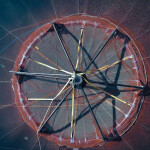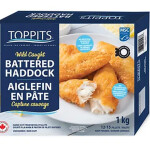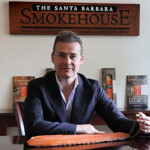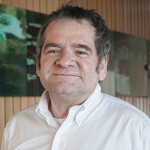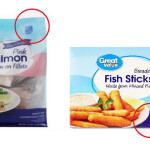Knut Nesse is CEO of AKVA Group, an aquaculture technology firm based in Klepp, Norway.
SeafoodSource: What is AKVA Group’s long-term vision for the future of land-based fish farming?
Nesse: If you look at our vision statement, it says "Pioneering a better future." So, we have more than 40 years of history in pioneering aquaculture. We were first with automated feeding. We were first with a plastic pen, and we have been a pioneer in many other spaces and products.
But, you don't get a great future if you just look in the back mirror, so our aspiration is also to be pioneers for the future. Basically, we are running three innovation agendas: one within land-based, one within digital, and one within sea-based.
In land-based, I think we have proof of concept. We are delivering all the technology for Nordic Aquafarms’ project in China. I believe in the 10- to 20-year perspective, it will be challenged if and when you can send a salmon airborne to an overseas market.
Is that the future model? I'm not entirely sure about that. Demand and growth will also be required. In that sense, in our 10- to 20-year perspective, I think overseas production on land is going to be a supplement to what we are doing today.
We have invested quite a lot in the last five years in order to improve the technology platform we have in land-based, and now we are about to decide at a strategy meeting in June about a five-year plan we’re calling “Land-Based Version 4.0.” We consider we are on the land-based technology Version 2.0 today, meaning that we have functional, good technology with data science and documentation behind it. But, we need to have better automation and better support by digital technology.
If we are to deliver the visionary perspective we have for the future, in which we are going to produce some 100,000 [metric] tons of salmon in in the overseas markets, that needs to be on the basis of Land-Based Version 4.0 because we need more automation in order to scale up this technology. If you need too many people with specialist competencies to run it, first of all, that's not scalable because they don't exist, and it's not future-oriented.
For that reason, we’re looking to scale up the technology and have more salmon factories around the world, with a higher level of automation and digitalization. That's what we are busy on. Of course, this will take time for technology development and also because of market and financing constraints, but it will come.
SeafoodSource: Does the technology you are touching on exist now to be implemented in a way that would be transformative to the aquaculture sector, or is the technology still being developed?
Nesse: I will say the old-school aquaculture guys and the Silicon Valley culture still need to meet in a more solid way. With smart farming in a land-based facility, you need more data collection, you need more sensors in order to collect data, and you need to have this data transformed onto supporting tools. You need big dashboards with all kinds of alert systems and monitoring systems so the operator will have more support in running a more complex recirculating aquaculture system [RAS] technology plant. I think that needs to be developed, and that brings me to the digital agenda.
We have around 110 people dealing with basically four product areas. One is Fish Talk, which is for biological control and planning. That's the ERP [enterprise resource planning] system. So, producers responsible for six out of 10 farmed salmon in the world will be on our ERP platform. Then you have AKVA Connect, which is about bringing the hardware and the software together; in the old days, it was called the PLS system, but that's about the functioning of the feeding cameras and the feed pouches. We have spent some resources on modernizing that as well.
We are also looking into advancing automated feeding through a company based outside London that we own 32 percent of, and they have more than 100 installations at more than 100 sites around the world for observation. That is progressing pretty well, so I expect more from that area in the years to come.
The fourth area is making the cameras smarter so you can have automated sea lice counting, automated biomass estimation, and also a fish health dashboard. We just acquired some new technology called Submerge, and we are further developing that.
On the more traditional area, which is sea-based farming, there’s a lot of new technology development and alternative solutions. For now, though, we focus most on bringing the fish into the deep. That's the concept around deep farming. We believe that's a good supplement for some areas, but of course, it requires a minimum depth in order to apply this technology. We still think that is part of the solution we need in our toolbox.
SeafoodSource: Sea lice was recently found present in some of Lerøy Seafood Group’s submersible deep-sea cages in Gjengane, Norway. Does that concern you?
Nesse: There will always be some sea lice, but so far, we have more than 100 cages; so far, there have been zero sea lice treatments. With sea lice, when you are very much below the limit or the limit within the legislation, you don't need to treat. That's the point. So, yes, there are some sea lice that but at very little density levels, meaning there have been no requirement for treatments. The point being, we can run production deep without having treatments in place, and that brings a good improvement to fish health and comes with lower mortality.
SeafoodSource: What is the most underrated technology or advancement that's happening in aquatech right now?
Nesse: I'm surprised that we don't see more investments within ...

